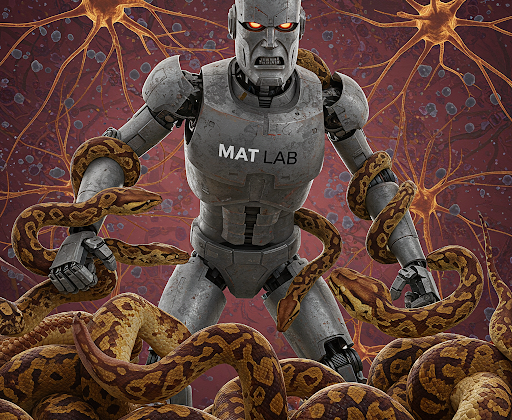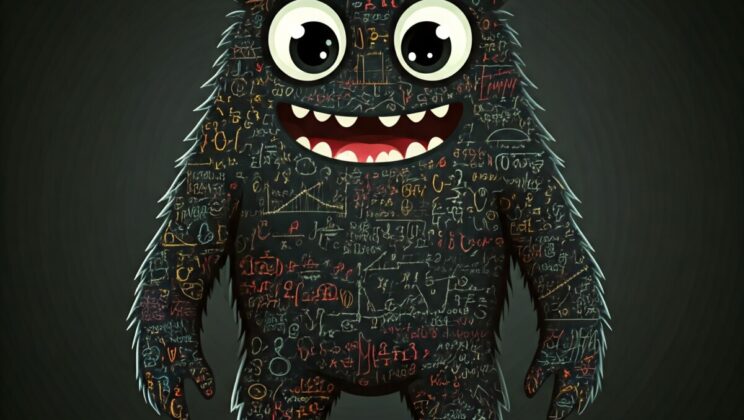The lab’s work on using a hybrid of traditional, concise math and the modern, convoluted math of AI to understand how the urinary tract works (and hopefully how to fix…
Author: Zach Danziger
What is Science for? This Podcast Explains
Science has a been suffering a bit of a public relations setback in the US since the COVID-19 pandemic. Some of the lost trust has come from fierce political fighting…
Research Appreciated
The lab’s work was recognized this year (2025) by Emory School of Medicine as exemplifying the “pursuit of novel and innovative ideas”. Always nice to get a complement! More cool…
Confessions of a Neuro MATLAB Apologist
Many neuroscientists, especially those of the computational persuasion, say MATLAB should be dumped for Python. But, they’re wrong. Here’s my take on the best arguments to use Python in neuroscience,…
Emory Physical Therapy Magazine Feature
Introductory article in Emory’s physical therapy magazine, page 8.
Embrace the Fusion with Neural Technology
I would rather watch the TEDx talk: “Our Neurotechnological Humanity“ Why are the Borg so disturbing? They are an alien race from Star Trek who roam the galaxy fusing hapless…
Making Sense of Softmax
Softmax is supposed to be a function that will tell you, given a list of measurable features about an example (e.g. how red is the picture, how tall is the…
Full Blown Anecdote: One Professor’s Funding Record
I lurk on science social media (X and BlueSky) and the types of posts about metascience I typically see come in either the triumph flavor (e.g., I just published this…
Middling Models – with Missing Modules
In his new post on Monster Models, Ben Recht explains why systems physiology modeling is so hard, and why just leaning harder into standard engineering principles cannot possibly be the…
The Missing (Computational) Link
A powerful technique for generating insights into physiology is to mathematically express what we know about it, then to simulate it in a computer. With the mathematical expressions in hand…









